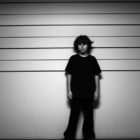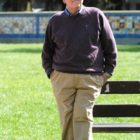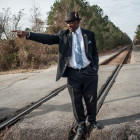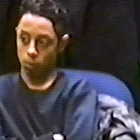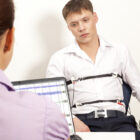
Mostly banned from adult courts, polygraphs also shouldn’t be used against juveniles
|
In 1998, the U.S. Supreme Court banned from courtroom evidence most results from lie-detector tests because those polygraph exams are scientifically flawed and unreliable, a ruling the American Psychological Association concurred with. However, in juvenile courts, where judges still have the discretion to allow or ban such so-called evidence, polygraphs have been used to coerce some juvenile sex offenders into making what researchers concluded were false confessions. The misuse doesn’t end there.
